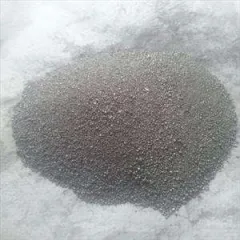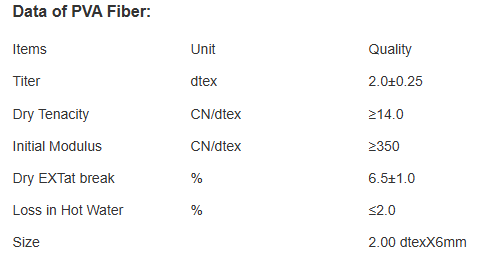Molybdenum Carbide: A Leader in High-Performance Catalytic Materials and Future Power Applications
Molybdenum carbide (Mo ₂ C), as an unique change metal carbide, exhibits remarkable physical and chemical properties, making it an impressive catalyst in various responses, particularly in hydrogen manufacturing and carbon dioxide decrease, with broad application prospects. Mo ₂ C is composed of molybdenum (Mo) and carbon (C), featuring a high melting factor (~ 2690 ° C), exceptional electrical conductivity, thermal stability, and mechanical stamina. Most importantly, its surface is abundant in active sites that can efficiently adsorb and activate molecules, making it an ideal catalytic material. Premium Mo ₂ C can be prepared using techniques such as direct carburization, chemical vapor deposition (CVD), sol-gel process, and microwave-assisted synthesis. These advanced techniques supply a strong structure for discovering Mo ₂ C’s capacity in many applications.
(Molybdenum Carbide Powder)
In recent years, research has revealed that Mo ₂ C masters multiple locations, including reliable hydrogen advancement response (HER) stimulants, outstanding carbon monoxide ₂ reduction drivers, premium hydrodesulfurization (HDS) efficiency, and exceptional lithium-ion battery anode materials. For example, in acidic environments, Mo ₂ C can accomplish rapid and stable water splitting to generate hydrogen with low overpotential and Tafel slope near to theoretical worths. In transforming carbon monoxide ₂ into useful chemicals like formic acid or methanol, Mo ₂ C shows high selectivity and conversion effectiveness. Throughout petroleum refining, Mo ₂ C can complete HDS reactions at reduced temperatures with greater selectivity and activity. As a lithium-ion battery anode, it offers greater ability and cycle life. These study searchings for have dramatically pushed the commercial application of Mo ₂ C from laboratory settings.
Mo ₂ C showcases substantial applications across different sectors. In hydrogen manufacturing and storage space, the Dalian Institute of Chemical Physics, Chinese Academy of Sciences, established a reliable electrolyzer based on Mo ₂ C nanosheet varieties, achieving secure water splitting at area temperature, lowering power intake, and enhancing hydrogen purity. For clean power conversion, Stanford College developed a photoelectrochemical tool made up of Mo ₂ C nanowires that can straight convert CO ₂ into fluid fuels under light problems, minimizing greenhouse gas discharges while providing tidy fuel resources. In environmental protection, limit Planck Institute for Strong State Research study discovered that Mo ₂ C-modified activated carbon fibers substantially enhance SO ₂ capture performance and are conveniently regrowed for duplicated usage. Additionally, in new energy storage tools, researchers at KAIST reported a sodium-ion battery making use of Mo ₂ C as the anode material, characterized by fast charge-discharge prices, exceptional cycle security, and energy thickness exceeding 400 Wh/kg, guaranteeing for future smart grids and electric cars.
()
Despite considerable success in Mo ₂ C materials and associated modern technologies, obstacles continue to be in functional promotion and application, such as cost issues, large manufacturing technology, ecological kindness, and standardization. To overcome these barriers, continual development and boosted teamwork are vital. On one hand, strengthening basic research to explore new synthesis approaches and enhance existing procedures can continually minimize production costs. On the various other hand, developing and refining market standards promotes collaborated growth amongst upstream and downstream companys, building a healthy ecosystem. Universities and research institutes ought to enhance instructional investments to grow more top quality specialized abilities. In recap, Mo ₂ C, as a very appealing high-performance catalytic material, is gradually transforming numerous elements of our lives. With continuous technical maturation and excellence, Mo ₂ C is anticipated to play an irreplaceable role in an increasing number of areas, bringing more ease and benefits to human culture in the coming years.
TRUNNANO is a supplier of Molybdenum Carbide with over 12 years of experience in nano-building energy conservation and nanotechnology development. It accepts payment via Credit Card, T/T, West Union and Paypal. Trunnano will ship the goods to customers overseas through FedEx, DHL, by air, or by sea. If you want to know more about Molybdenum Carbide, please feel free to contact us and send an inquiry(sales8@nanotrun.com).
All articles and pictures are from the Internet. If there are any copyright issues, please contact us in time to delete.
Inquiry us


